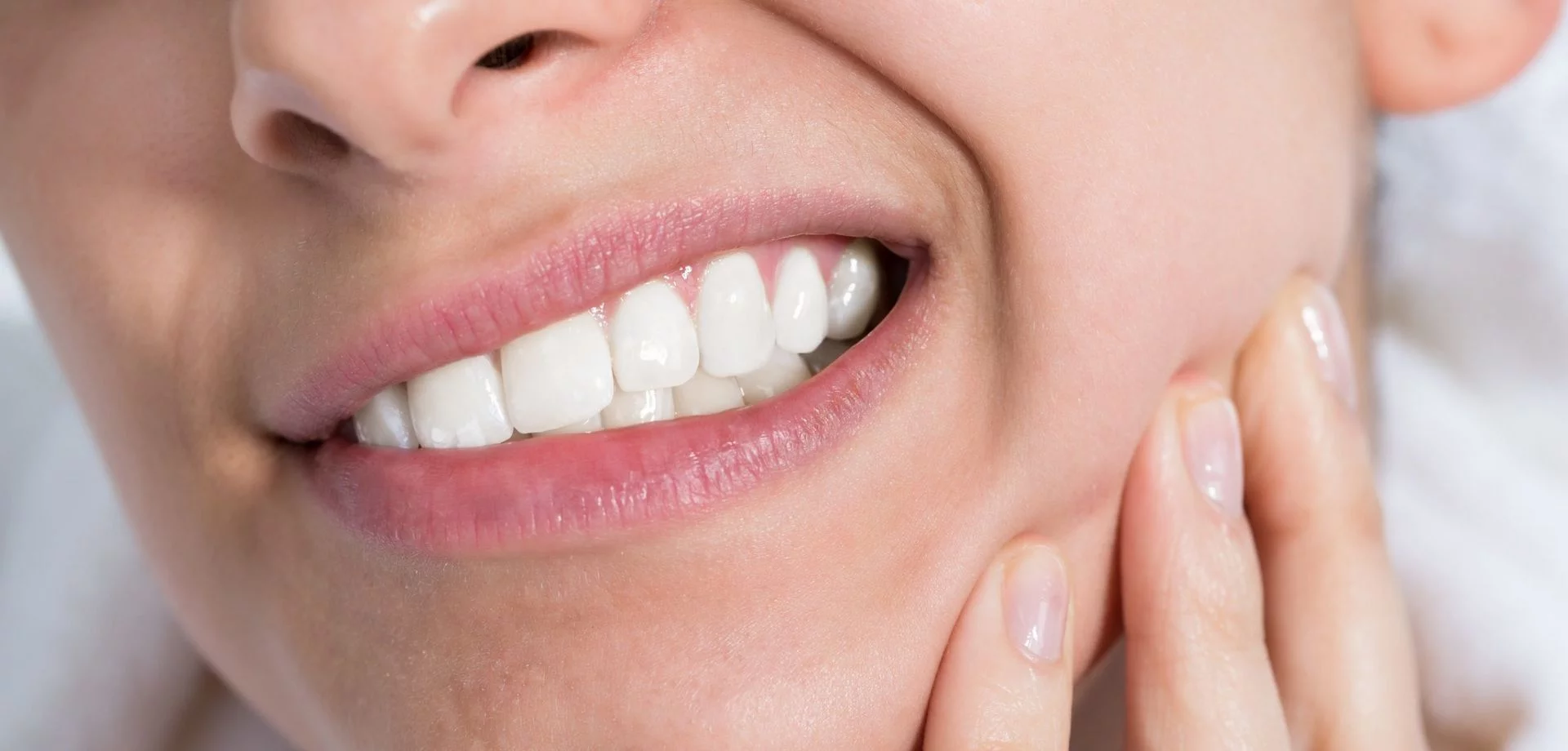An estimated 8% of adults suffer from bruxism or teeth grinding. Left unmanaged, bruxism may lead to tooth damage, headaches, jaw pain, and difficulty chewing. At RenovaSmiles, in Falls Church, Woodbridge, Manassas, Arlington, Franconia and Occoquan (Lake Ridge), Virginia, the team of expert dentists specialize in the diagnosis and treatment of bruxism. If teeth grinding is negatively affecting your oral health or overall quality of life, make an appointment today by calling the office nearest you or by clicking the online booking tool.

What is bruxism?
Bruxism or teeth grinding is a condition characterized by the regular gnashing or clenching of your teeth. If you have bruxism, you may unconsciously grind your teeth when you’re awake, or you might clench them while you’re sleeping.
Without proper diagnosis and treatment, bruxism can significantly interfere with your quality of life, resulting in jaw disorders, damaged teeth, and headaches.
Knowing how to identify the signs and symptoms of bruxism can help you catch the problem early on and prevent further problems.
What are the symptoms of bruxism?
The symptoms of bruxism vary from person to person and depend on the severity of your condition. Common telltale signs include:
- Teeth grinding or clenching
- Chipped teeth
- Fractured teeth
- Loose teeth
- Increased tooth pain or sensitivity
- Jaw, neck, or face pain
- Dull headaches
As the condition progresses, you might also experience tired or tight jaw muscles or a locked jaw that doesn’t open or close completely.
Who is at risk of developing bruxism?
Bruxism affects people of all ages and backgrounds, but there are certain factors that may increase your risk, including:
- Stress or anxiety
- Having an aggressive or hyperactive personality
- Smoking tobacco
- Drinking caffeine
- Having a family history of bruxism
Children are highly likely to experience bruxism; symptoms usually subside by adulthood.
How is bruxism diagnosed?
To diagnose bruxism, the team at RenovaSmiles conducts an oral exam and checks for signs that may signal clenching or grinding of your teeth. If your dentist notices any symptoms, they evaluate your smile for a series of months, looking for changes to your teeth, gums, and cheeks.
Your dentist also checks for tenderness or soreness in your jaw muscles, as well as obvious dental abnormalities like broken teeth. If necessary, they might also take a series of digital X-rays or CT Scans using Vatech Green Technology.
How is bruxism treated?
Bruxism can resolve on its own. However, if your symptoms persist, negatively impact your ability to get a good night’s rest, or are causing oral health issues, the team might recommend a splint or mouthguard.
A bruxism mouthguard fits snugly over your upper or lower teeth and prevents further wear and tear damage. You wear the mouthguard during sleep.
You might also benefit from anxiety management. If you grind your teeth because of stress, meditation or other mindfulness activities may be able to ease tension and promote relaxation.
Don’t let bruxism prevent you from living your best life. To request a consultation at RenovaSmiles today, call the office nearest you or click the online booking tool.

